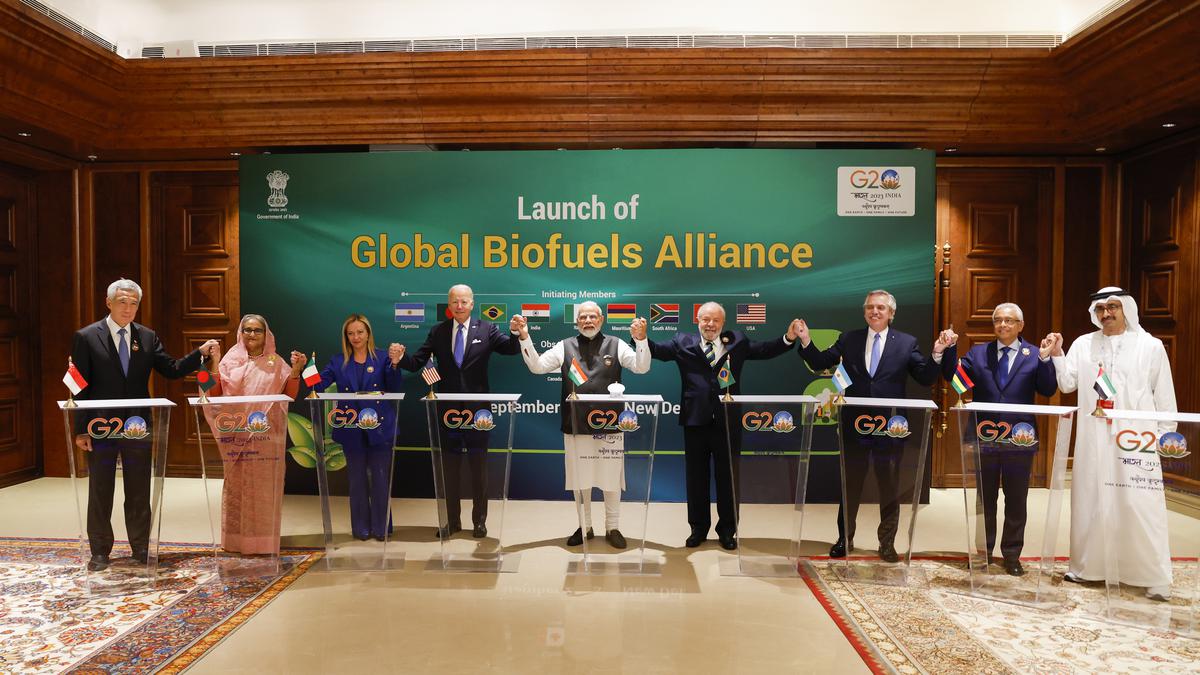The complex path to biofuel sustainability

Until a few years ago, working on biofuels called for constant justification in the face of electric vehicles (EVs) taking over the world. Today, while there is no doubt that EV adoption has amplified over the years, there is growing awareness of the fact that no decarbonisation strategy is trade-off-free. For instance, for a transition to EVs, existing internal combustion engine (ICE) vehicles and the supporting infrastructure need to be replaced entirely, which is capital intensive. Further, the required batteries and critical minerals used in them need to be imported, adding to environmental concerns on how these minerals are mined, among other issues. Biofuels, on the other hand, can be used in existing ICE engines and infrastructure with little to no modifications (depending on the blending rates) and offer import independence.
However, ‘biofuel’ is a blanket term that includes both sustainable and unsustainable fuels, and an understanding of their difference will be essential to drive effective decarbonisation action.

















